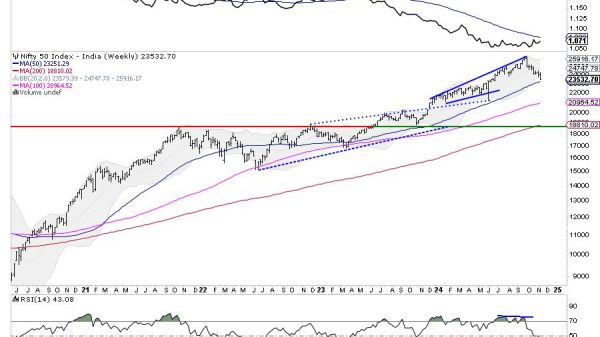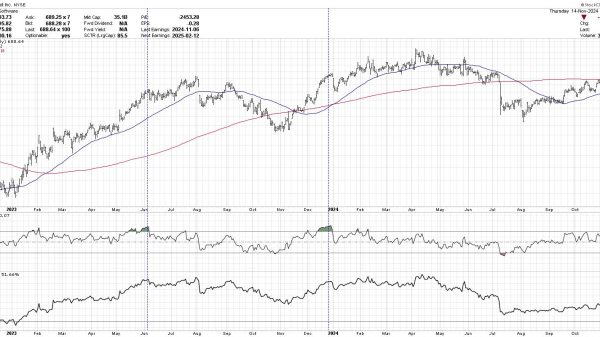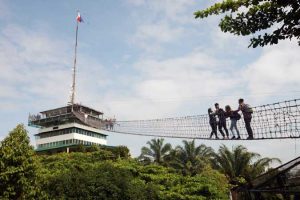TRAVELERS are set to come out in fuller force across the Asia-Pacific region this year, though still-high inflation and structural hurdles likely will leave the critical industry still far from pre-COVID levels.
Tourist arrivals across the region should reach about half of their 2019 levels, with a full recovery to pre-pandemic norms pushed back to 2025 or 2026, according to Oxford Economics estimates. That’s a reality check on optimism riding high as outfits like Booking.com celebrate a strong start to 2023, with January the best month for travel reservations since May.
“Globally, we’re registering a very significant recovery from the depths of COVID but in APAC still, it’s behind that curve,” James Lambert, director of economic consulting for Oxford Economics Asia, said during an industry round-table discussion hosted Monday by Booking.com in Singapore.
“The global inflationary environment is a risk in terms of how much people are willing to spend” and for Asia-Pacific economies, there’s still an outsized dependence on Chinese tourists who have been slow to return amid visa processing backlogs and still-crimped flight capacity, he said.
Inflation that’s still running hot worldwide means tighter household budgets. Together with supply-side issues such as under-performing flight capacity, lower hotel and airport manpower, they make for somewhat measured expectations of the industry in 2023.
Tourism typically contributes to about 10% of global economic growth and about twice that in normal times for regional economies like Thailand.
Chinese tourists who made up about a quarter of the region’s tourist arrivals pre-pandemic might also remain a bit hesitant this year to travel to mask-free destinations, said Mr. Lambert.
For Rajit Sukumaran, managing director of Southeast Asia and Korea for IHG Hotels & Resorts, the “pleasant surprise” of China’s reopening at the end of last year has yet to translate to a big surge in arrivals throughout the region, though places like Bali and parts of Vietnam are poised to see greater numbers soon. This year is a good time for hospitality firms to focus on developing in-house talent and catering more to changing customer interests, Rajit Sukumaran said.
Recent survey data, indeed, point to travelers wanting different things out of their trips than before the Covid era. That in part speaks to traveler preferences for more personalized experiences and for discovering new places they hadn’t considered before, according to Laura Houldsworth, managing director for Asia-Pacific for Booking.com. The company conducted an online survey in August of 24,179 respondents from 32 countries and territories. — Bloomberg






















